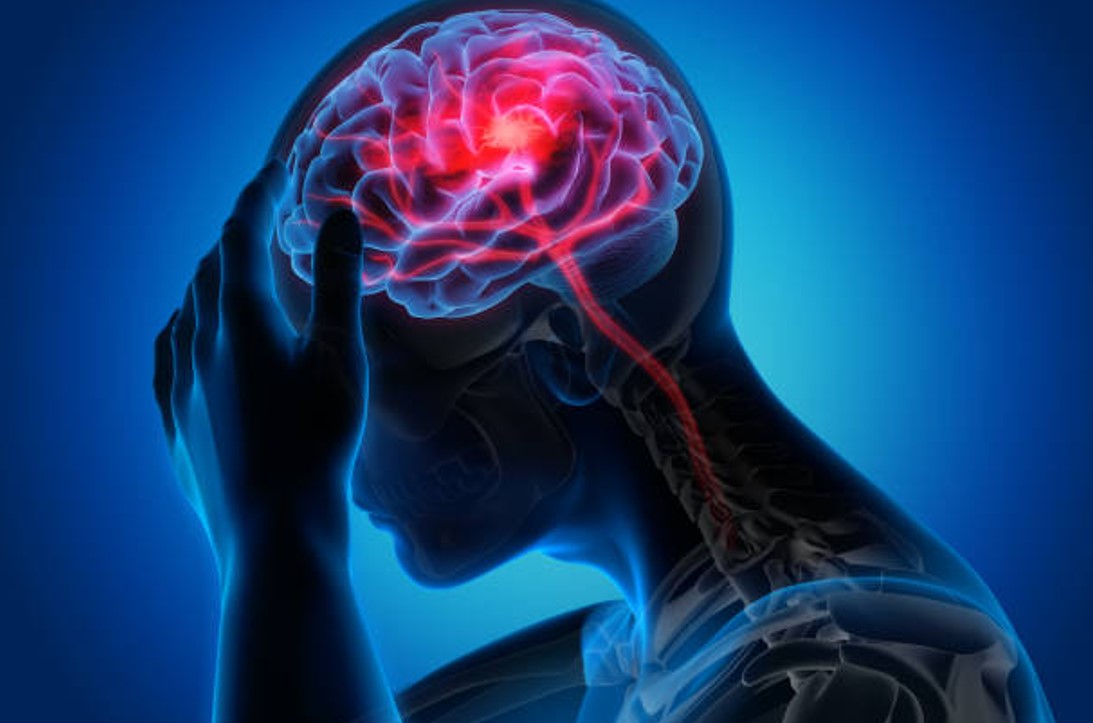CBD and Migraines: A Promising Treatment Option for Chronic Sufferers?
Anyone who has suffered from migraines knows how devastating their impact can be on your daily life. Not just severe headaches, they can be accompanied by symptoms like nausea, sensitivity to light and sound, dizziness, and even visual disturbances. Classified as a neurological disorder, typical treatments include neuropathic painkillers that come with unpleasant side effects.
Finding a natural alternative to these strong pharmaceuticals- one that doesn’t come with such downsides- could improve the lives of many sufferers. Due to its analgesic, neuroprotective, and anti-inflammatory properties, CBD looks to hold great potential as one such candidate. And while studies are yet to be done on cannabidiol alone, clinical trials on medical cannabis for migraine relief have provided consistently encouraging results.
Improving Migraine Pain with CBD
One of the primary symptoms of migraines is moderate to severe headaches, and this pain often interferes with normal daily activities. By remedying the experience of some of this pain, sufferers can reclaim the enjoyment of their day-to-day life. CBD interacts with the body’s endocannabinoid system, responsible for how we perceive pain amongst many other processes. By bringing balance to the ECS, studies have demonstrated that the experience of pain can be significantly mitigated with the use of CBD. And in the throes of a migraine, that moderation of pain is a lifeline!
Important Anti-Inflammatory and Stress Management Effects
Migraines can have many specific triggers, and sufferers report anything from tobacco use to certain weather conditions as heralding an attack. Some commonly reported triggers include not enough sleep, anxiety, stress, and hormonal fluctuations, and CBD can help reduce the impact of each of these.
Cannabidiol demonstrably lowers cortisol levels and reduces anxiety in response to fear-provoking stimuli, while restoring homeostasis to the body. The net result of this is lower stress levels, reduced inflammation in the body, and improved sleep. Inflammation in the brain and surrounding blood vessels can both trigger and exacerbate headache symptoms, so minimising this, as well as removing other common triggers, is key to treating migraines.
Neuroprotection and Nausea Reduction
Through its anti-inflammatory and antioxidant properties, and interactions with receptors integral to neurotransmitter release, CBD has potent neuroprotective capabilities. This helps it to modulate neuronal activity, helping reduce any migraine-induced hyperexcitability which leads to uncomfortable sensitivity to light and sound. By its interaction with serotonin receptors, meanwhile, cannabidiol has also exhibited potent anti-nausea effects. Added together, these results can make a migraine far easier to endure for the person suffering one. Just a quick look online can reveal plenty of first-hand reports from people as to how taking a high-grade CBD oil has helped them better manage their condition.
While trials on pure CBD’s effectiveness at treating migraines have yet to be carried out, its beneficial impact on a whole host of related complaints and symptoms is clear. No wonder then that so many people are experimenting with cannabidiol as a non-pharmacological treatment option- and the feedback is overwhelmingly positive. Ensuring your CBD comes from a reputable supplier like Goodrays, whose products are all independently 3rd-party tested to ensure their potency and purity, is imperative to getting the best results. Such high-grade cannabidiol preparations appear to offer hope to millions of individuals seeking holistic relief from their migraines.









































